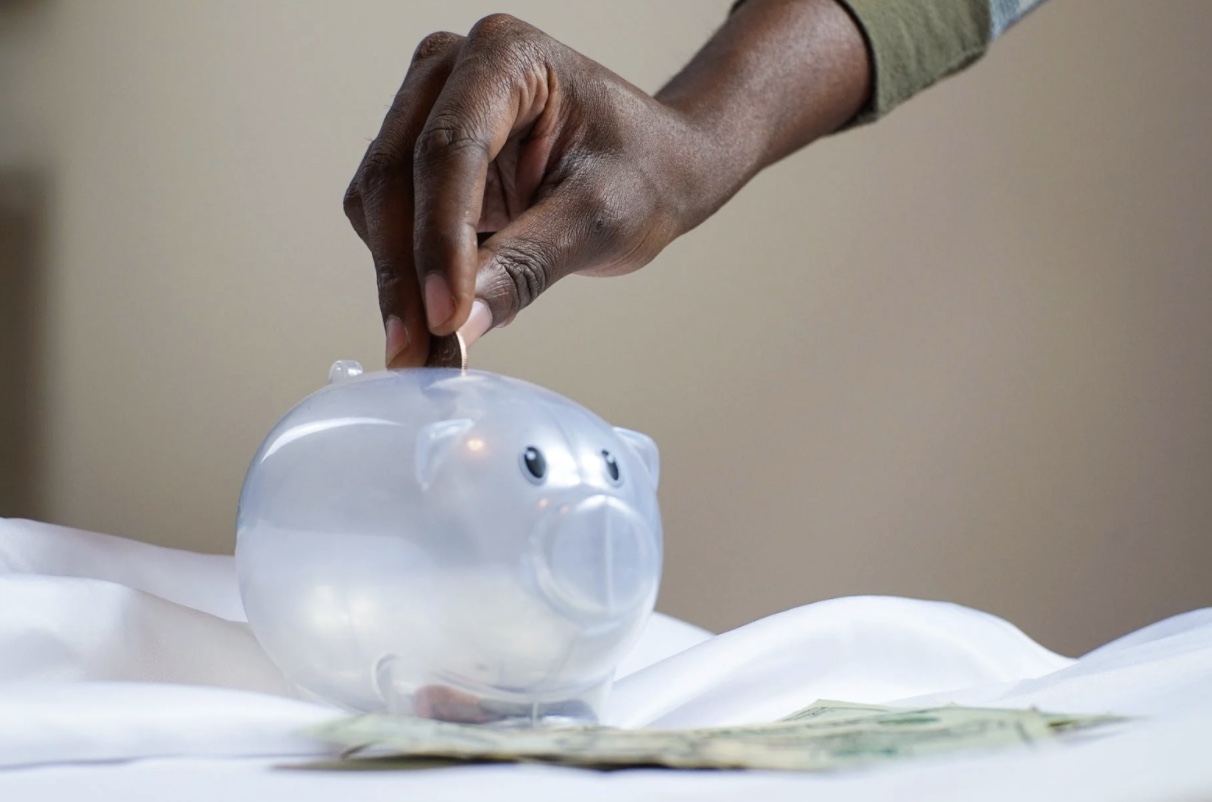It’s estimated that about four out of every seven Americans are financially illiterate. Another report from PwC showed that only 24% of millennials have basic financial knowledge.
If you are part of these statistics, then you’ve come to the right place.
This review will look at seven effective ways of managing money for improved financial freedom.
Contents
1. Track Your Money
Good money management starts by knowing how much you are earning and where your earnings go.
Tracking your money helps you identify loopholes in your spending habits.
For instance, you could be subscribed to various digital resources that automatically deduct money from your account every month. Without tracking these deductions, you’ll never know just how much money you’re losing to subscriptions you don’t even use anymore.
Therefore, get your account statements and do a comprehensive audit. Look for expenses you can eliminate and start getting rid of them right away.
2. Create A Budget
A monthly budget is one of the biggest assets you could have. A budget is your master plan on how to use every cent you’re earning. Not only does it simplify money tracking, but it also ensures that you do not overspend and live beyond your means.
There are different ways of budgeting your money. The traditional envelope budget system is one good example. This is where you put the money for each expense in a separate envelope. Groceries, entertainment, transportation expenses, etc., will each have their own envelope. During the month, you’ll simply pick money from the respective section.
One of the many advantages of this system is it makes it easier to know when you are running low on funds in a particular category.
The other option is to use digital tools. These are also pretty effective, plus most of them are highly customizable, allowing you to edit the categories as much as you want.
You are free to try different systems and find something that works for you. The bottom line is you should create and follow a functional budget.
3. Reduce Credit Card Purchases
Credit cards are helpful when used correctly. Hell, you can even earn cashback and other rewards from them. Sadly, very few people have the discipline needed to use credit cards responsibly. For the vast majority, credit cards lead to nothing but financial woes.
If you know you tend to overspend when using credit cards, avoid them. In fact, it is advisable to make cash payments whenever possible. Fixed expenses like rent, mortgage, insurance, and budgeted items like groceries and utility bills should always be cleared in cash.

Cash payments will protect you from overspending. They also save you from the expensive interest rates of credit cards.
4. Delay Making Big Purchases
Learn to delay expensive purchases instead of making costly sacrifices or using credit cards. This is really important because very often people spend big on items they don’t even need. The worst part is that it usually takes a long time to recover from such purchases.
By delaying the purchase, you’ll have time to think and make a wiser decision. You should also use this time to save for the item in case you decide to go through with the buy.
5. Clear Your Debts
There’s nothing wrong with taking loans. As a matter of fact, personal loans can help you attain some of your financial goals. However, they have to be used correctly; otherwise, they end up being bad debts.
In any case, you must clear your loans and debts as quickly as possible. Make your payments on time and always strive to pay more than the minimum amount. You should also prioritize expensive loans.
If you are struggling with multiple loans, consider consolidating the debts. This minimizes the interest rates. It also makes the loans more manageable, with just one payment per month.
6. Start Saving Money

It’s estimated that 40% of Americans do not have $400 for an emergency expense. That’s because most people live paycheck to paycheck on top of having lots of debts.
You can avoid this by clearing your debts and building a savings account.
One of the most important accounts you must have is an emergency fund. Experts recommend having at least six months’ worth of expenses saved in an emergency kitty. But there’s nothing wrong with starting small.
The truth is that you cannot fix your finances overnight. It takes time, effort, and a lot of discipline to get there. Start the work today, and you will soon enjoy the perks of true financial freedom.
